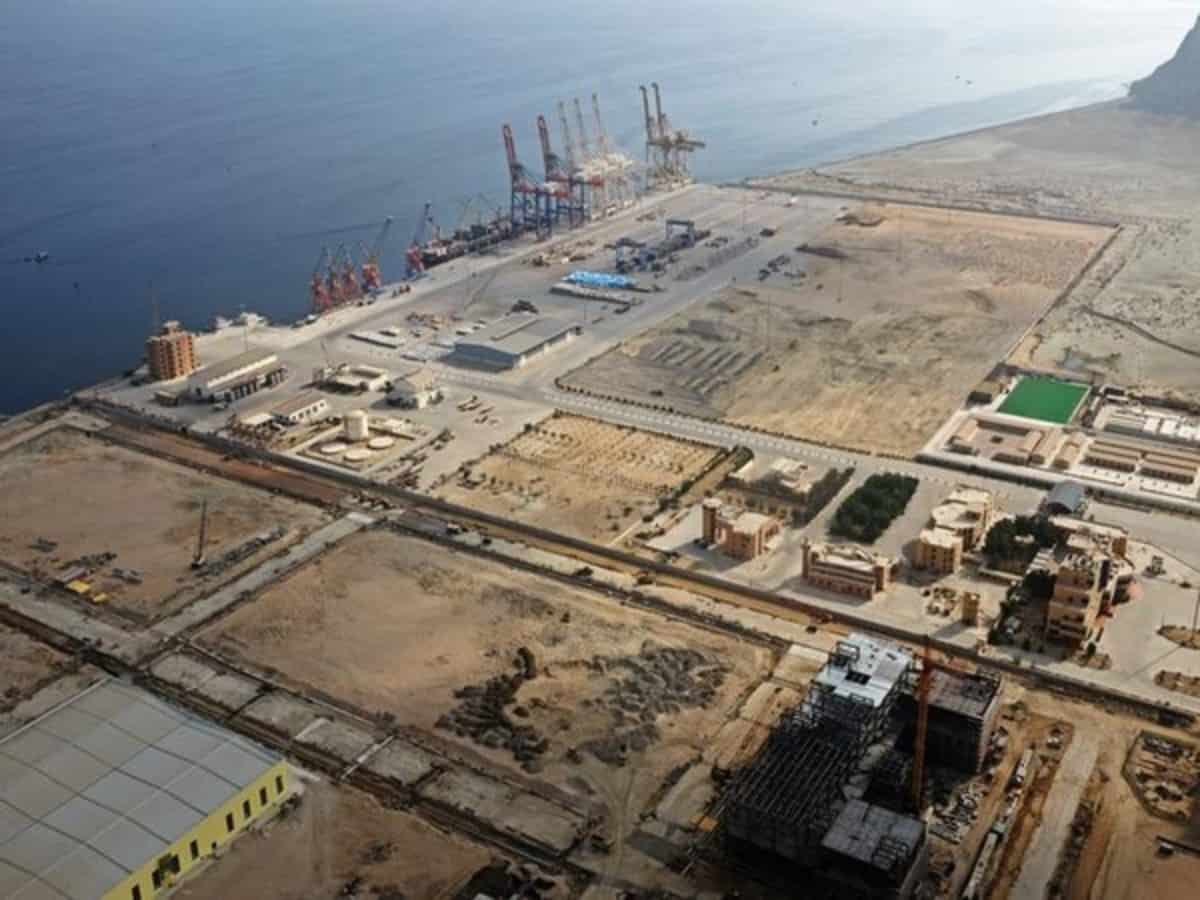
Damascus: Amid rising accusations against China for trapping countries in massive debts with larger infrastructure plans, Syria has joined Beijing’s Belt and Road Initiative which Beijing says will open broad horizons of cooperation for the Middle-East country.
The ceremony of Syria’s admission into the initiative took place at the Planning and International Cooperation Commission in the capital Damascus and was attended by Fadi Khalil, the head of the commission, and Feng Biao, China’s ambassador to Syria, during which both sides signed a Memorandum of Understanding (MoU) on Syria joining the BRI, reported Xinhua.
The admission of Syria into the initiative revives the old role of Syria on the ancient Silk Road, said Khalil, adding it will help in boosting bilateral cooperation with China and multilateral cooperation with other countries, which are desirous of cooperating with Syria.
He also said that Syria had been one of the main countries on the ancient Silk Road particularly the cities of Aleppo and Palmyra.
With regard to the BRI, Chinese envoy Feng said that the cooperation between Beijing-Syria provides the greatest contribution to the economic reconstruction and social development in Syria and it also enhances the harmonization between the BRI and the eastward strategy proposed by Syria.
China proposed BRI in 2013, which comprises the Silk Road Economic Belt and the 21st Century Maritime Silk Road. Beijing said that it aims to build a trade, investment, and infrastructure network connecting Asia with other parts of the world along the ancient Silk Road trade routes and beyond.
Meanwhile, several countries have criticised the BRI project as they said that the project has become synonymous with wasteful spending, ecological destruction, and massive debt burdens and aims to make profits for the participating country’s leaders and Chinese companies at the cost of the nation’s natural resources or people, said the InsideOver in a report earlier.
In 2018, a study found that 270 out of 1,814 BRI-related projects had problems related to debt sustainability, labour and environmental standards, national security, transparency, and corruption.
A McKinsey survey in 2017 revealed that 60 percent to 80 percent of the Chinese companies in Africa admitted to paying bribes for bagging contracts. Further, Chinese firms scored second to last in one of the latest Transparency International Bribe Payers Index in the Continent, added the InsideOver.



